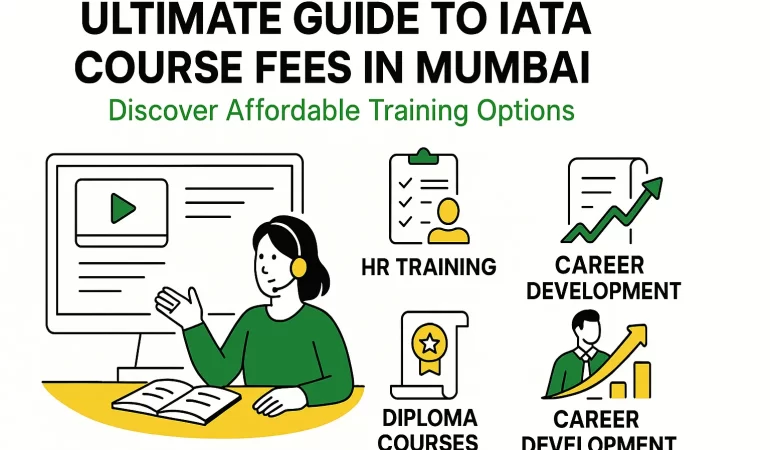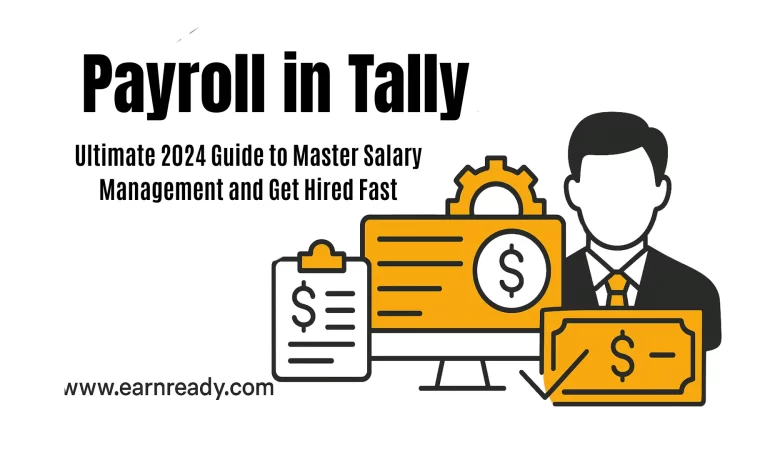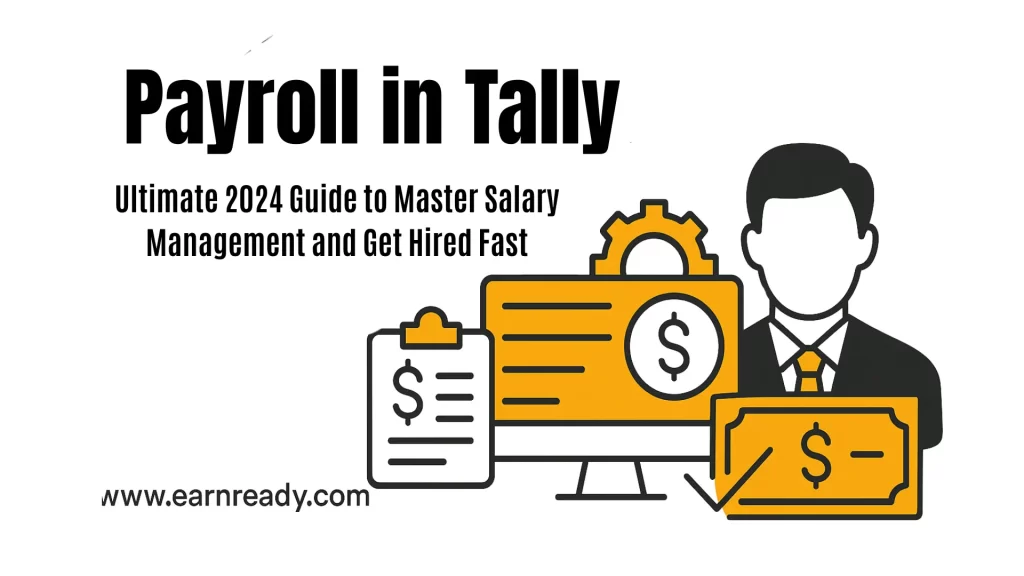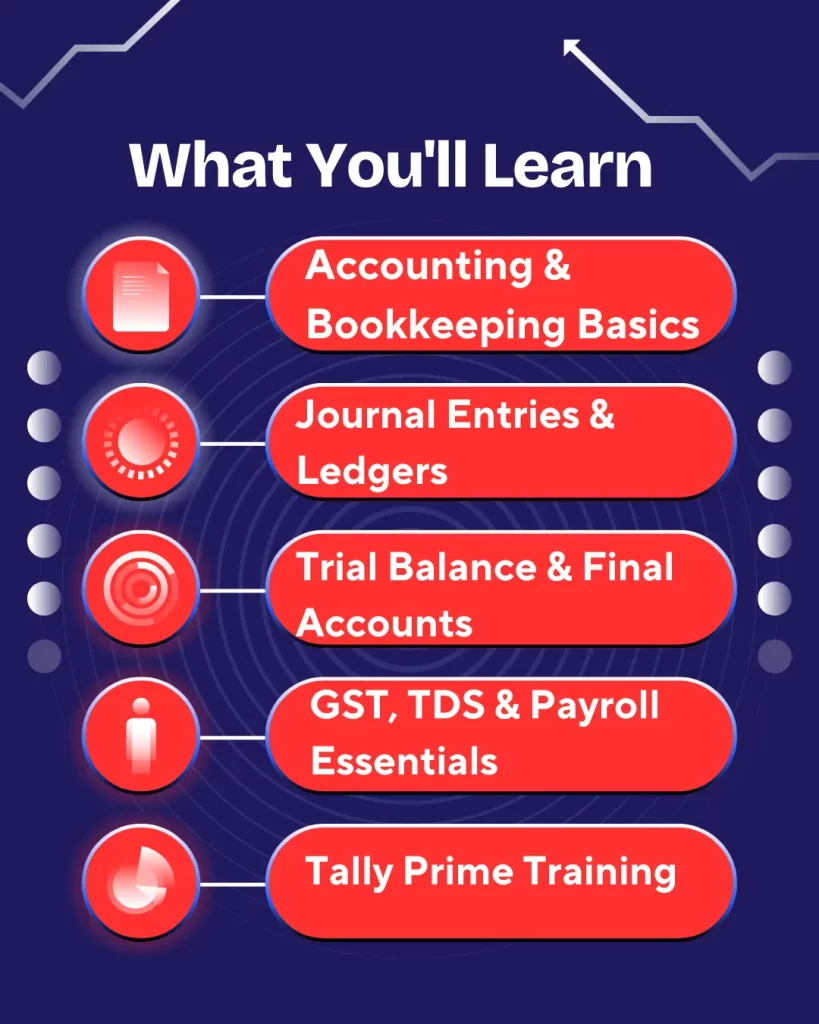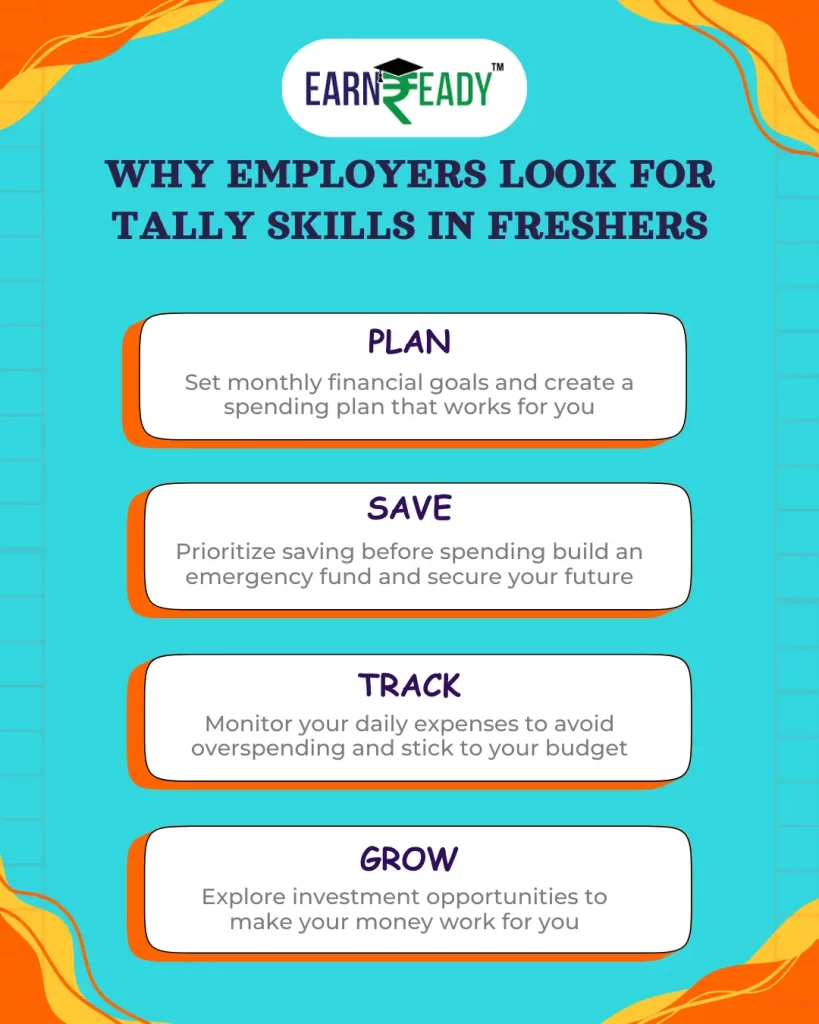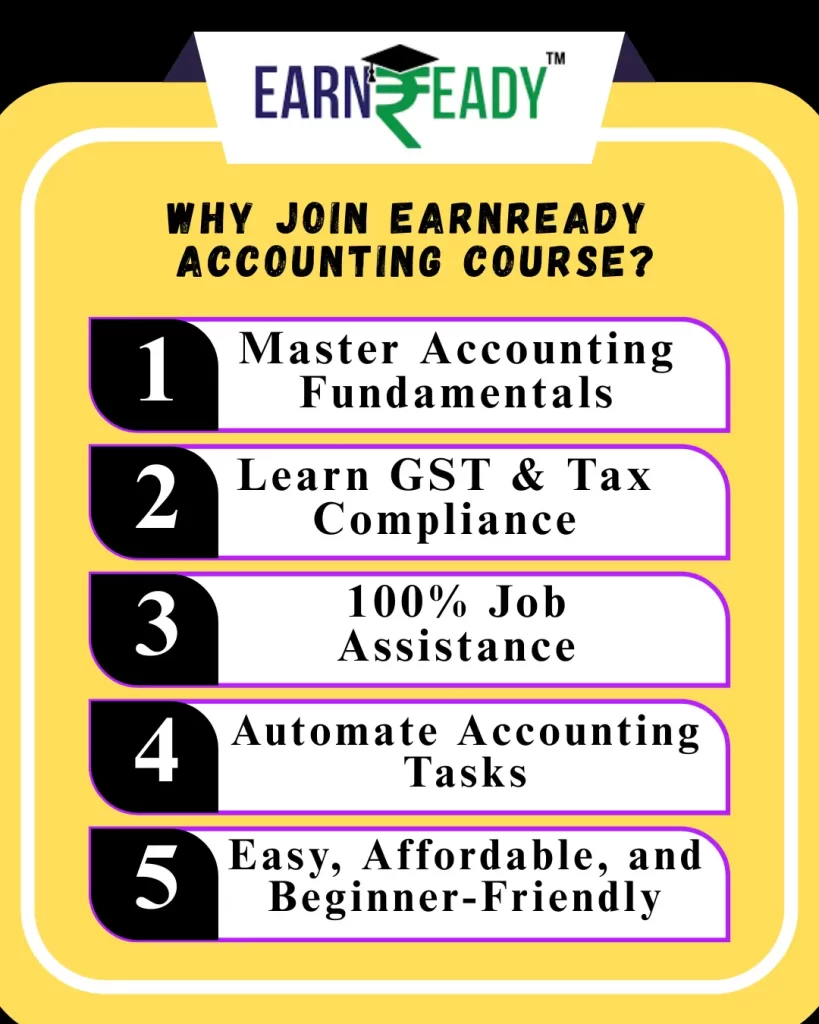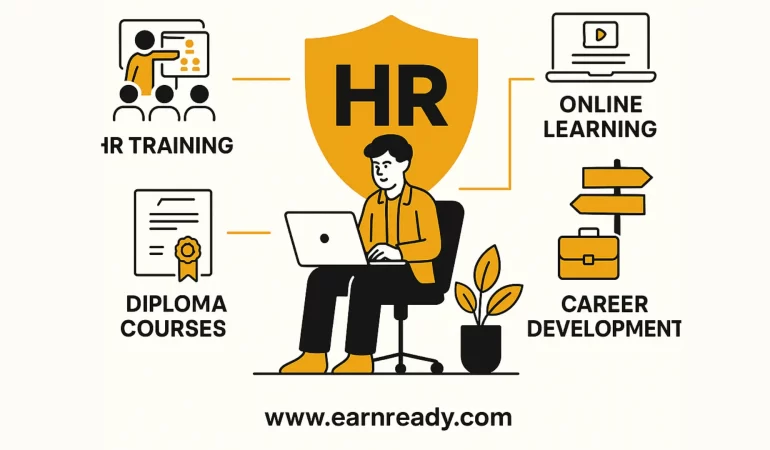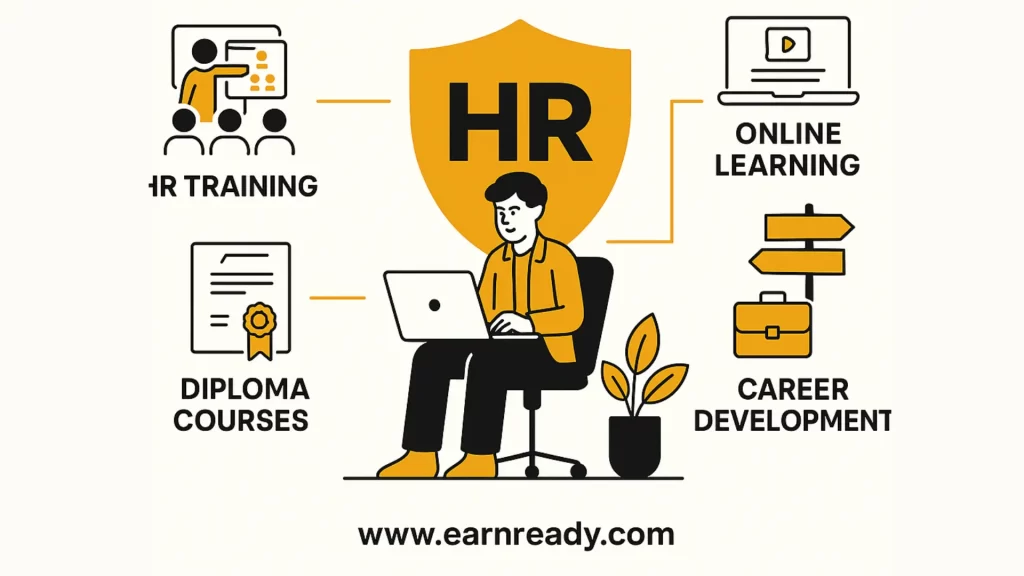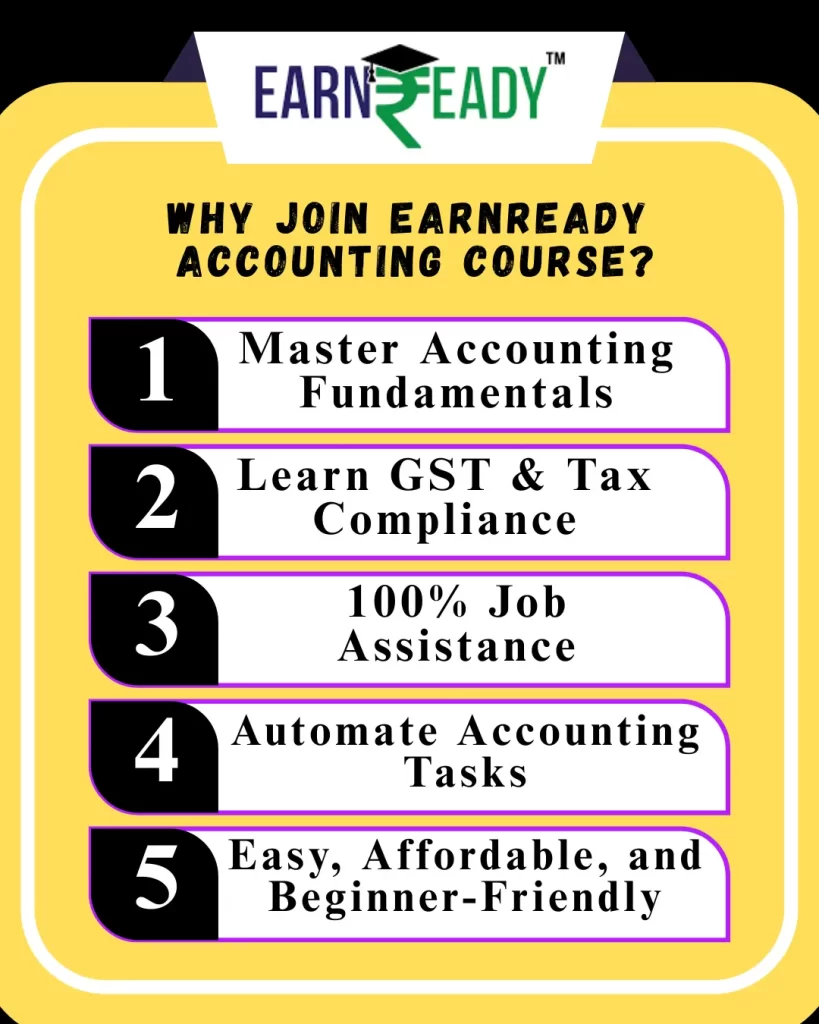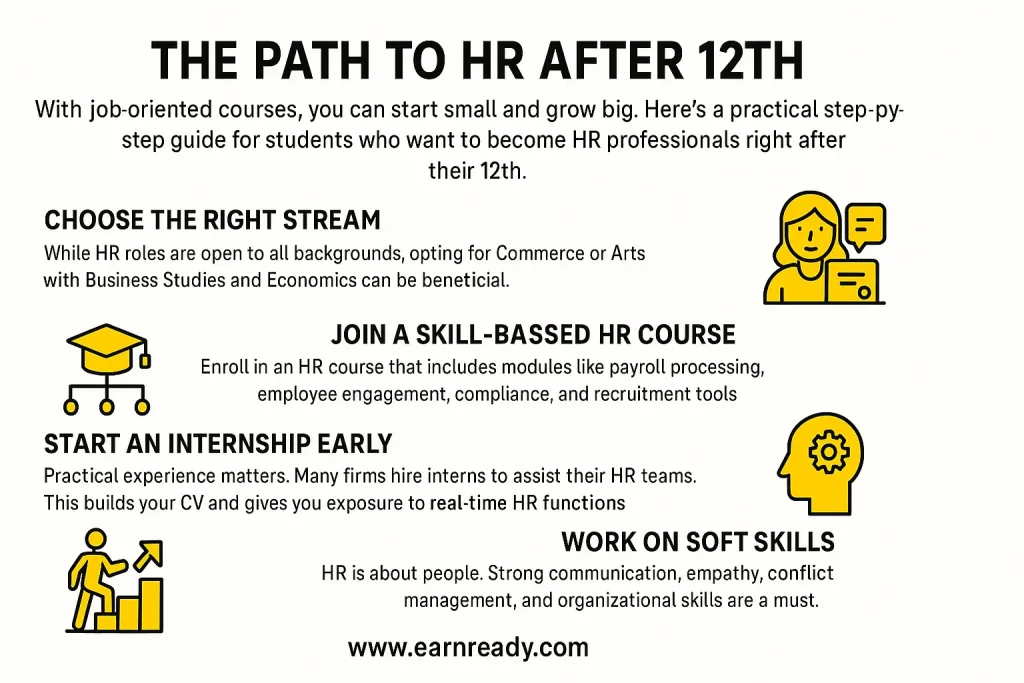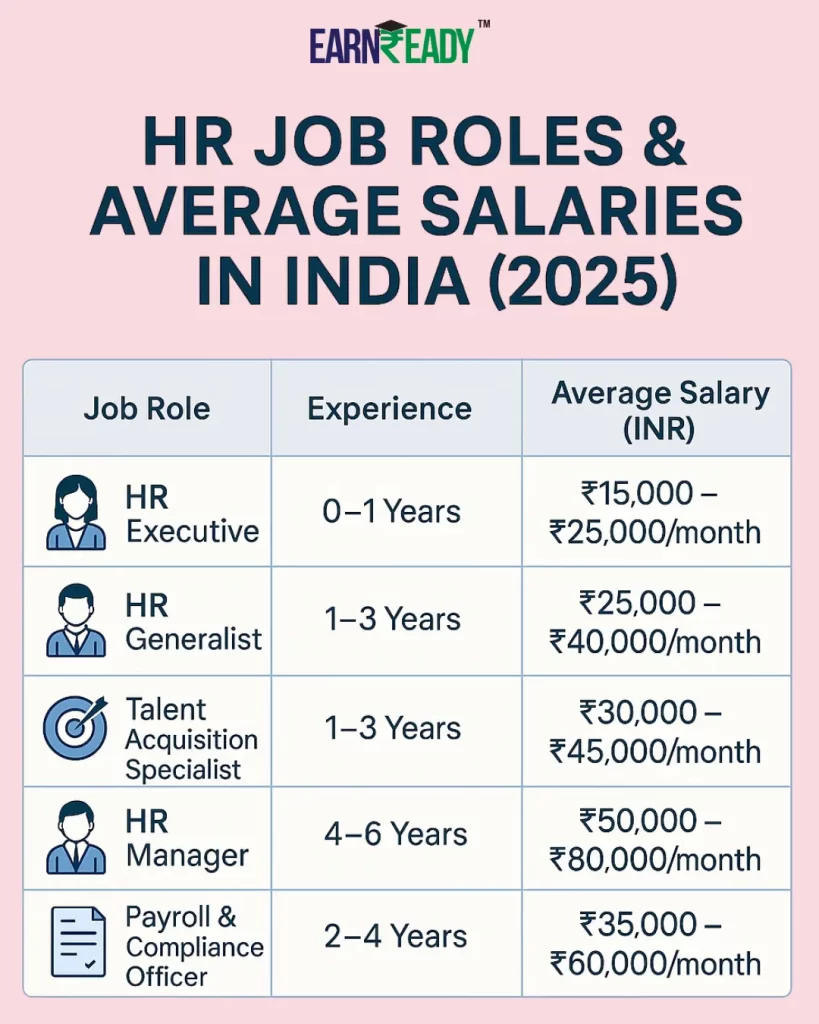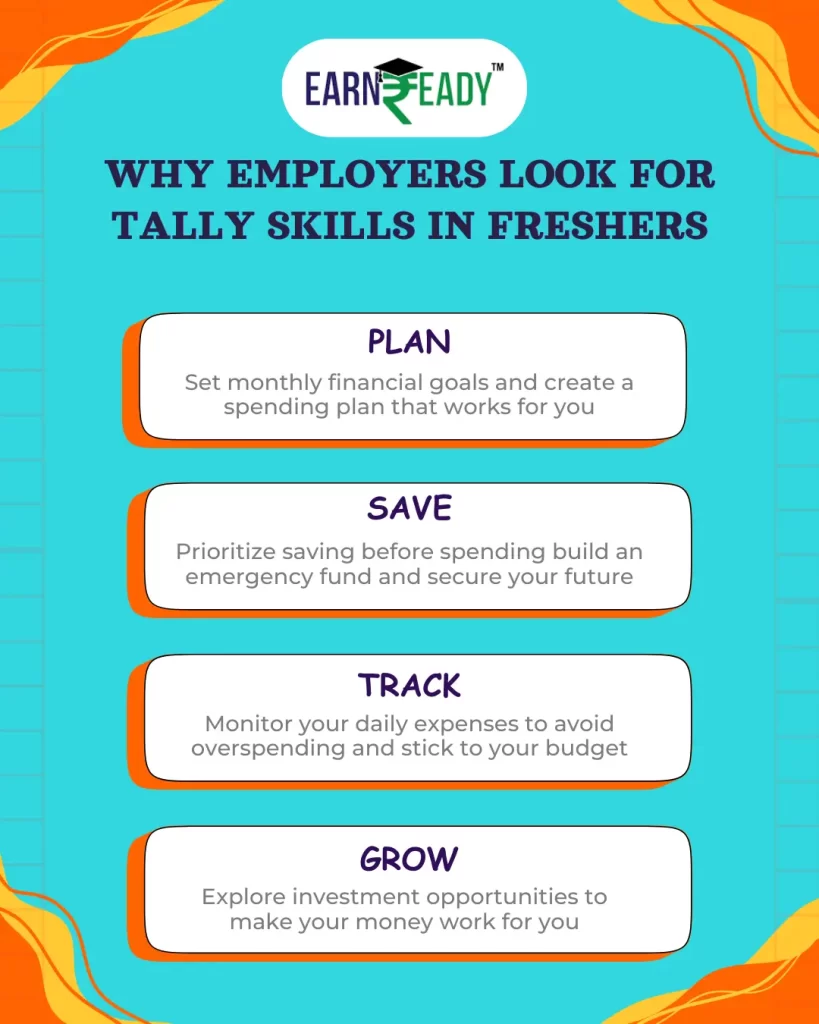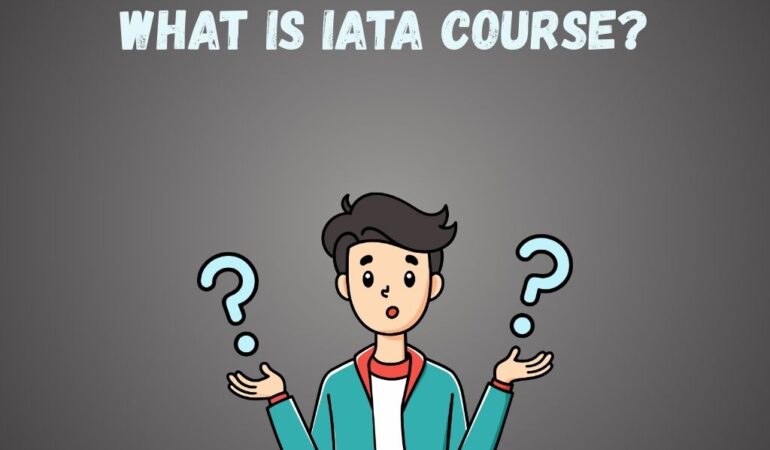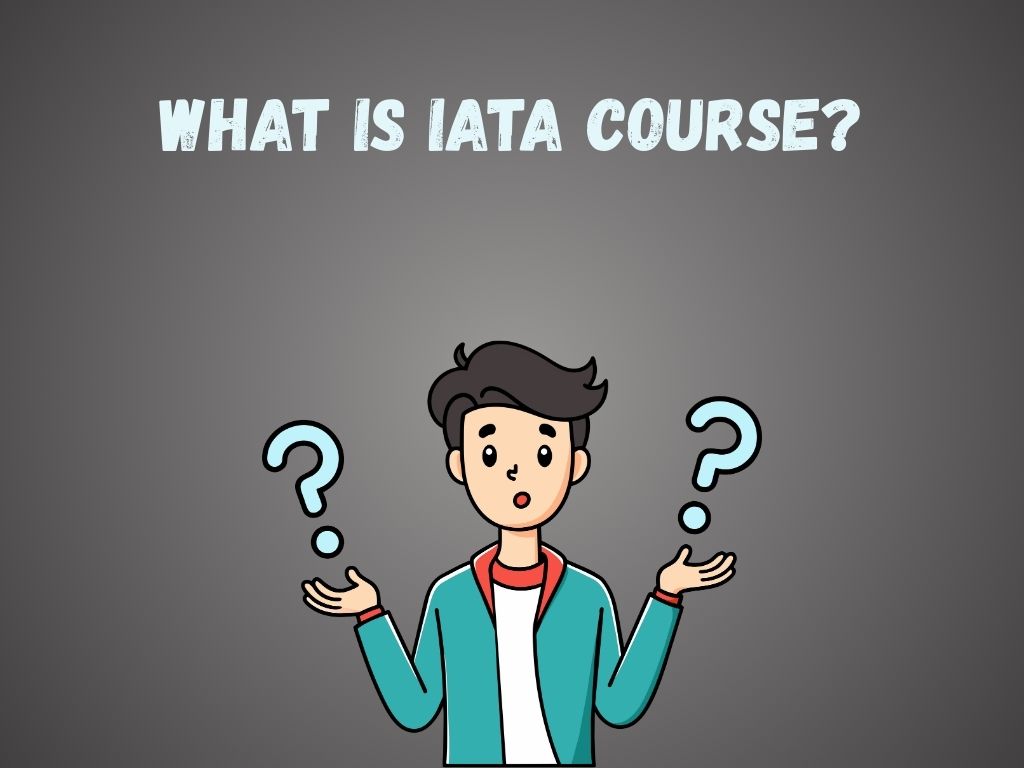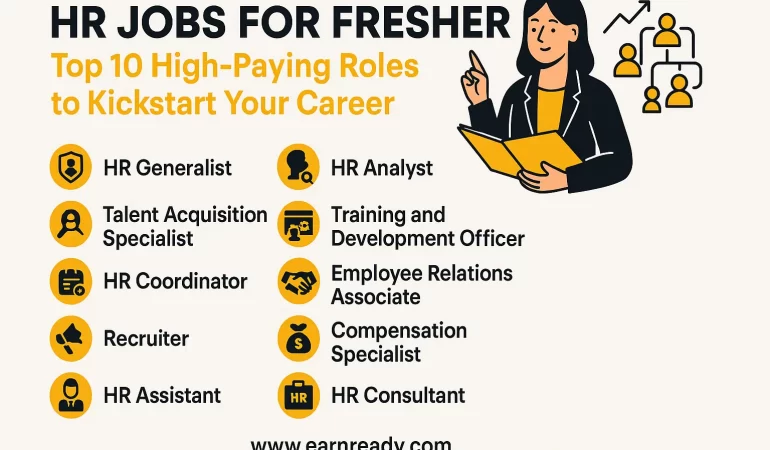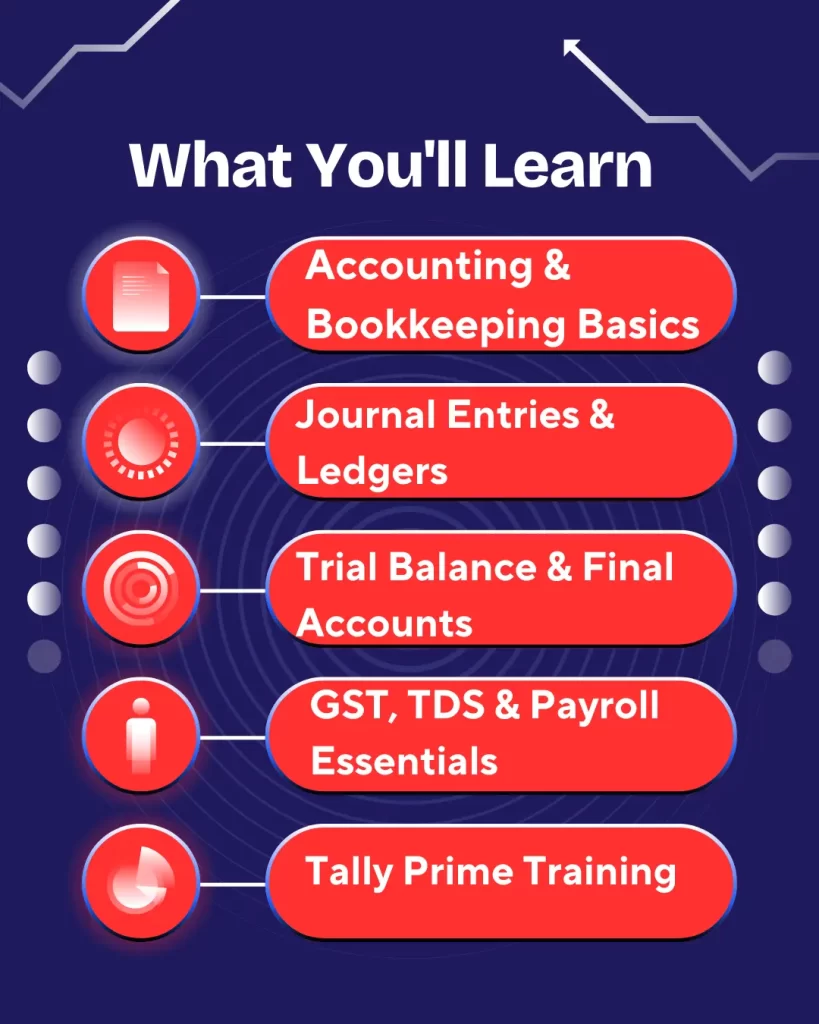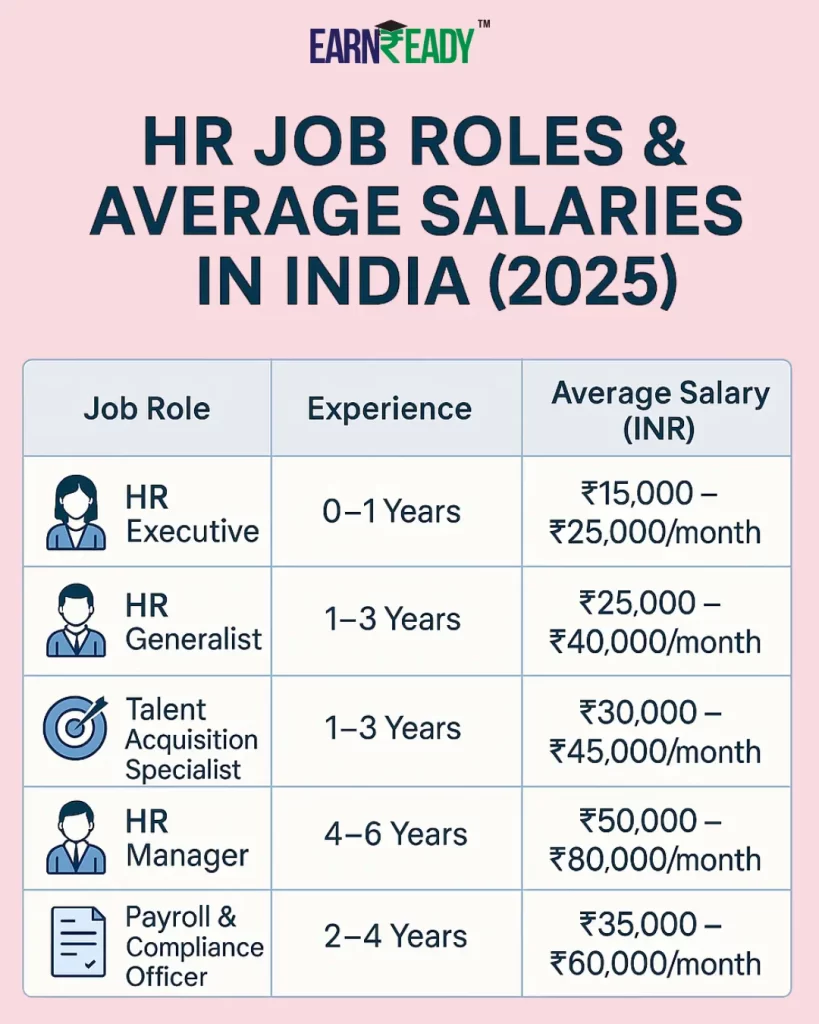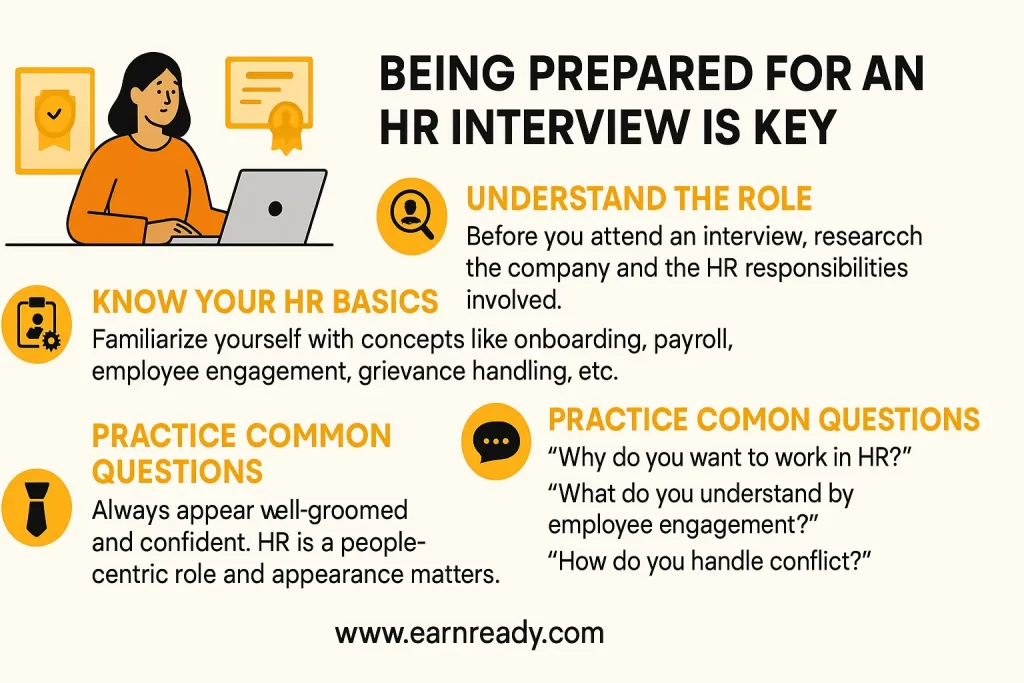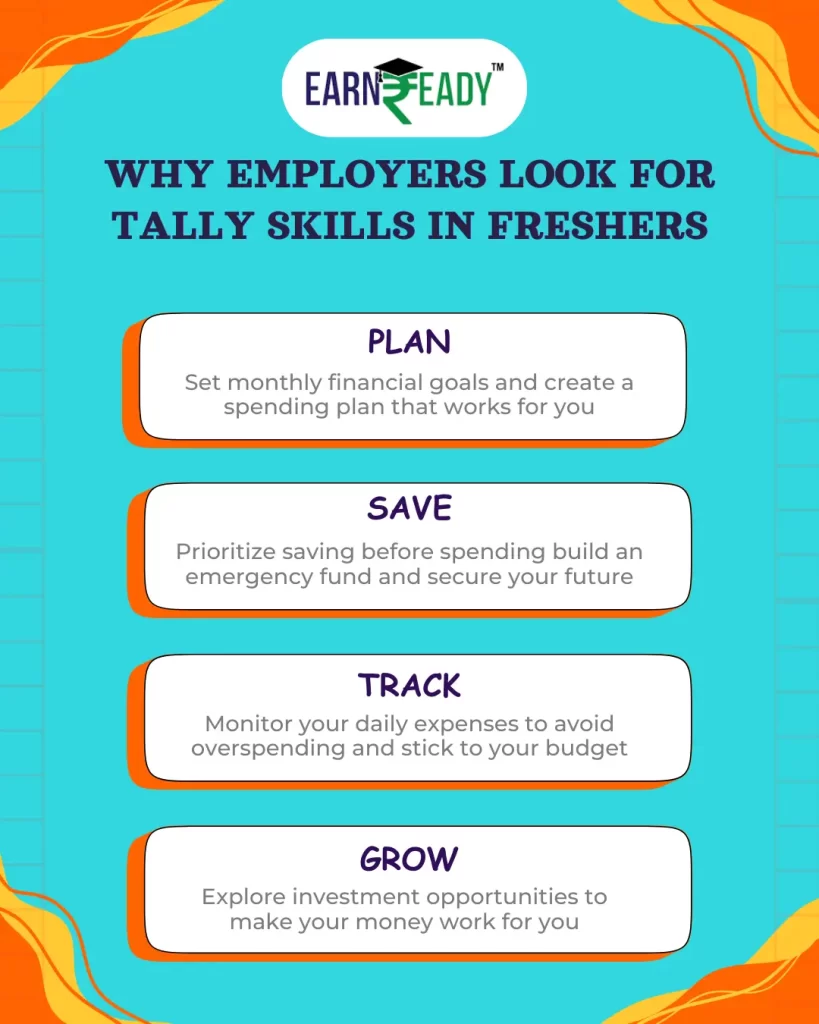Ultimate Guide to IATA Course Fees in Mumbai – Discover Affordable Training Options
Ultimate Guide to IATA Course Fees in Mumbai – Discover Affordable Training Options

Introduction
The aviation industry in India is soaring, and Mumbai stands as one of the most prominent hubs for aviation training. Among various certifications available, the International Air Transport Association (IATA) course is recognized globally. However, before you enroll, it’s essential to understand the IATA course fees in Mumbai and what you get in return. This blog breaks it all down—course types, fee structure, career outcomes, and more.
What is IATA and Why Does It Matter?
The International Air Transport Association (IATA) is the global trade association for airlines, representing about 290 airlines or 82% of total air traffic. Their certifications are prestigious and internationally accepted. You can learn more about IATA directly from Wikipedia for in-depth information.
When students search for iata course fees in mumbai, they’re usually looking for clarity on what it costs to pursue high-quality aviation training that meets global standards. IATA training covers a wide array of subjects—from airline customer service and airport operations to dangerous goods regulations and cargo handling.
Why Choose Mumbai for IATA Training?
Mumbai is home to some of India’s top aviation academies. The city’s strategic location, world-class airport, and access to airline headquarters make it a prime location for aviation studies.
Access to international airports and real-world experience.
Reputed institutes with global tie-ups.
Placement support for job-ready students.
Breakdown of IATA Course Fees in Mumbai
1. Foundation in Travel & Tourism
Duration: 4–6 months
Fees: ₹70,000 – ₹1,10,000
Modules: Travel geography, customer service, ticketing, and IATA procedures.
Ideal for beginners stepping into the aviation sector.
2. Airport Operations & Ground Handling
Duration: 6 months
Fees: ₹90,000 – ₹1,40,000
Modules: Airport safety, operations control, security procedures.
Perfect for those targeting airline ground staff roles.
3. Air Cargo Management
Duration: 3–6 months
Fees: ₹80,000 – ₹1,50,000
Modules: Cargo handling, logistics, customs, and warehouse management.
Leads to logistics and cargo-related aviation roles.
4. Cabin Crew Training with IATA Certification
Duration: 6–9 months
Fees: ₹1,20,000 – ₹2,50,000
Modules: Cabin crew grooming, emergency protocols, and inflight service training.
Best suited for aspirants with strong communication and hospitality skills.
The iata course fees in mumbai often include training material, exam fees, and certification charges. However, it’s wise to ask the institution for a detailed breakup before enrolling.
Factors That Influence IATA Course Fees in Mumbai
Factors That Influence IATA Course Fees in Mumbai
Multiple factors affect the iata course fees in mumbai, including:
Institute Reputation: Premium institutes charge more due to better infrastructure and placement records.
Course Duration: Long-term courses naturally cost more.
Additional Services: Some institutes include mock interviews, soft skills training, and internships.
Career Opportunities After IATA Courses
Once you’ve invested in your iata course fees in mumbai, the ROI can be impressive. Aviation jobs come with perks like international travel, high salaries, and career growth.
Cabin Crew and Inflight Services
Airlines like Indigo, Air India, and Vistara hire IATA-certified cabin crew.
Salary range: ₹30,000 to ₹80,000/month.
Air Cargo and Logistics Management
High demand in cargo divisions of airports and logistics companies.
Salary range: ₹25,000 to ₹60,000/month.
Ground Staff and Airport Operations
You can work in check-in counters, security checks, and ramp handling.
Salary range: ₹20,000 to ₹50,000/month.
Travel & Tourism Agency Jobs
Suitable for those who completed the foundation course.
Great for freelance agents, ticketing, and visa processing careers.
Cabin Crew Educational Qualification Requirements
For students aiming to become cabin crew, the minimum educational requirement is 10+2 pass. However, fluency in English, good grooming, and a confident personality are essential.
Minimum height: 155 cm (women), 170 cm (men)
Age: 18 to 27 years typically
Vision: Normal (corrected allowed)
IATA training adds professionalism and job-readiness.
How to Choose the Right Institute Based on IATA Course Fees in Mumbai
Always go beyond price. Compare the following:
Placement Support – Do they offer real airline interviews?
Curriculum Depth – Are the modules up-to-date with industry needs?
Batch Size – Smaller batches offer personalized attention.
Location – Proximity to airport or transport hubs is a plus.
Job-Oriented Courses After 12th in Aviation
If you’re a 12th-pass student unsure about your future, aviation offers many job oriented courses after 12th that don’t require a degree. IATA certification is one of them.
Air ticketing
Cabin crew
Airport ground services
Logistics and supply chain (air cargo)
You can also check out EarnReady which offers job-ready HR and other professional courses with certifications and placement assistance.
Scholarships and EMI Options for IATA Course Fees in Mumbai
Some institutes offer EMI payment plans or tie-ups with NBFCs. Here’s what you can look for:
No-cost EMI schemes over 6–12 months.
Merit-based scholarships for top-performing students.
Installment plans starting from ₹10,000/month.
Always check if your fee includes exam registration and study materials to avoid hidden costs.
Latest Trends in Aviation Hiring in Mumbai
With increasing air traffic and the expansion of airports like Navi Mumbai International Airport, hiring is expected to rise in 2025–26.
Cabin crew hiring is projected to increase by 25%
Cargo and warehouse management roles growing due to e-commerce
Ground handling staff in demand for international flights
The demand justifies the investment in iata course fees in mumbai.
International Opportunities with IATA Certification
IATA certifications are recognized in over 120 countries. You can apply for roles in:
Dubai
Singapore
London
Australia
Canada
Tips to Get the Best Value from IATA Course Fees in Mumbai
Attend free counseling sessions.
Choose a weekday batch for lower fees.
Opt for bundled courses like travel + tourism + air cargo.
Ask for alumni success stories.

